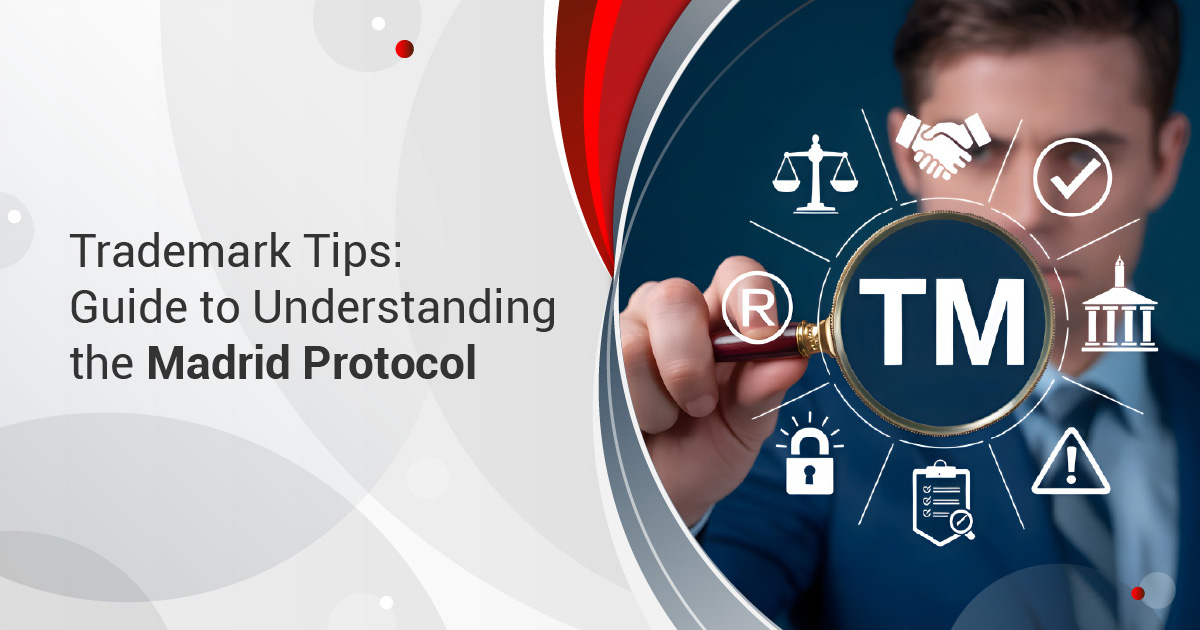Read our Blogs
Delve in detail into industry insights and information and gain valuable perspectives and understanding of the different sectors with our business blogs.
Understanding the Electronic Signature Singapore Law: A Comprehensive Guide
Are electronic signatures legally valid in Singapore? Yes, they have full legal recognition under the Electronic Transactions Act (ETA). This law forms the backbone of the electronic signature Singapore legal…Offshore vs Onshore Company: A Comparison
Choosing the right company structure is a pivotal decision for any business owner. When expanding or establishing a business, you will likely encounter two primary options – offshore and onshore…Change of Business Activity Resolution in Singapore: Everything You Need to Know
When a company in Singapore decides to pivot its core operations to a new industry, it must pass a Change of Business Activity Resolution. This critical step ensures compliance with…What Are the Offshore Company Benefits for Investors and Companies?
Offshore companies have long been a go-to strategy for business owners seeking to optimise operations, protect assets, and tap into global markets. This structure provides a range of decisive advantages…Supporting Local Startups: What is the Action Community for Entrepreneurship (ACE) Singapore?
Entrepreneurs and investors worldwide recognise Singapore’s unique advantages as a strategic business hub in today’s rapidly evolving global economy. Its favourable regulatory environment, robust infrastructure, and deep connections within the…Setting Up a Dropshipping Business in Singapore
Thinking of starting a dropshipping business in Singapore? This may be the right time to put your plan into action as we bring to you a small but mighty nation…What Do Employers Need to Know About the Foreign Worker Levy in 2025?
Understanding and complying with Foreign Worker Levy (FWL) regulations in Singapore is crucial for businesses for several reasons. These regulations are designed to ensure a balanced workforce, promote local employment,…What is the Cost of a Bad Hire and How Can You Get it Right?
Hiring the right talent is one of the most important decisions businesses make as employees are central to the success and growth of any organisation. However, a single bad hire…Applying for an International Trademark: How Can You Overcome These Challenges?
It is a common Singapore story we have seen many times before: a business is growing and thriving in Singapore, its brand is gaining well-deserved recognition, and international expansion is…Madrid Protocol vs Paris Convention: Which is Better for Global Trademark Registration?
When expanding your business internationally, protecting your trademarks is a critical step to ensure brand recognition and legal security. Two key systems for global trademark registration – the Madrid Protocol…Your Ultimate Guide to Understanding a Special Purpose Vehicle (SPV)
A Special Purpose Vehicle (SPV) is a legally distinct subsidiary created to isolate financial risk and safeguard the parent company’s assets. Commonly used across industries such as real estate, finance,…Trademark Tips: Guide to Understanding the Madrid Protocol
What comes to mind when you think of IP protection? Protecting intellectual property (IP) through trademark registration is a common and crucial way for businesses and individuals looking to safeguard…Public Liability Insurance: Essential Protection for Singapore Businesses
Public liability insurance is an essential part of business insurance, safeguarding against claims from third parties who have experienced injuries or property damage due to your business operations. This insurance…Skills Development Levy: How Much Must Employers Pay?
The Skills Development Levy (SDL) is a mandatory contribution that employers in Singapore must pay for their employees. This levy is designed to support the development, promotion, and upgrading of…Best Practices When Outsourcing to a Company Secretarial Service in Singapore
Outsourcing company secretarial services is a strategic move for businesses in Singapore seeking to ensure compliance with regulatory requirements while streamlining operations. Partnering with experienced professionals allows companies to mitigate…How Can Payroll System Software in Singapore Benefit Your Business?
Managing payroll efficiently is a critical aspect of running a business. For companies in Singapore, leveraging payroll system software can streamline operations, ensure compliance with local regulations, and save valuable…ESOPs in Singapore: A 2025 Guide for Startups and SMEs
Employee Stock Ownership Plans (ESOPs) have become an increasingly popular tool for startups and SMEs in Singapore to attract, retain, and motivate top talent. ESOPs offer a unique way to…Common Compliance Mistakes That Company Secretarial Services Can Help Prevent
As transparent and accessible as Singapore’s markets are, there are still strict regulatory frameworks that pose major hurdles, particularly for small and medium-sized companies. Getting corporate secretarial duties wrong can…Overcoming Common Hiring Challenges in Southeast Asia
Southeast Asia presents prosperous opportunities alongside a challenging recruitment landscape in 2025, marked by, like most other markets, quickening digital transformation and the growing adoption of AI-powered tools across business…- 1
- 2
- 3
- …
- 22
- Next Page »




















